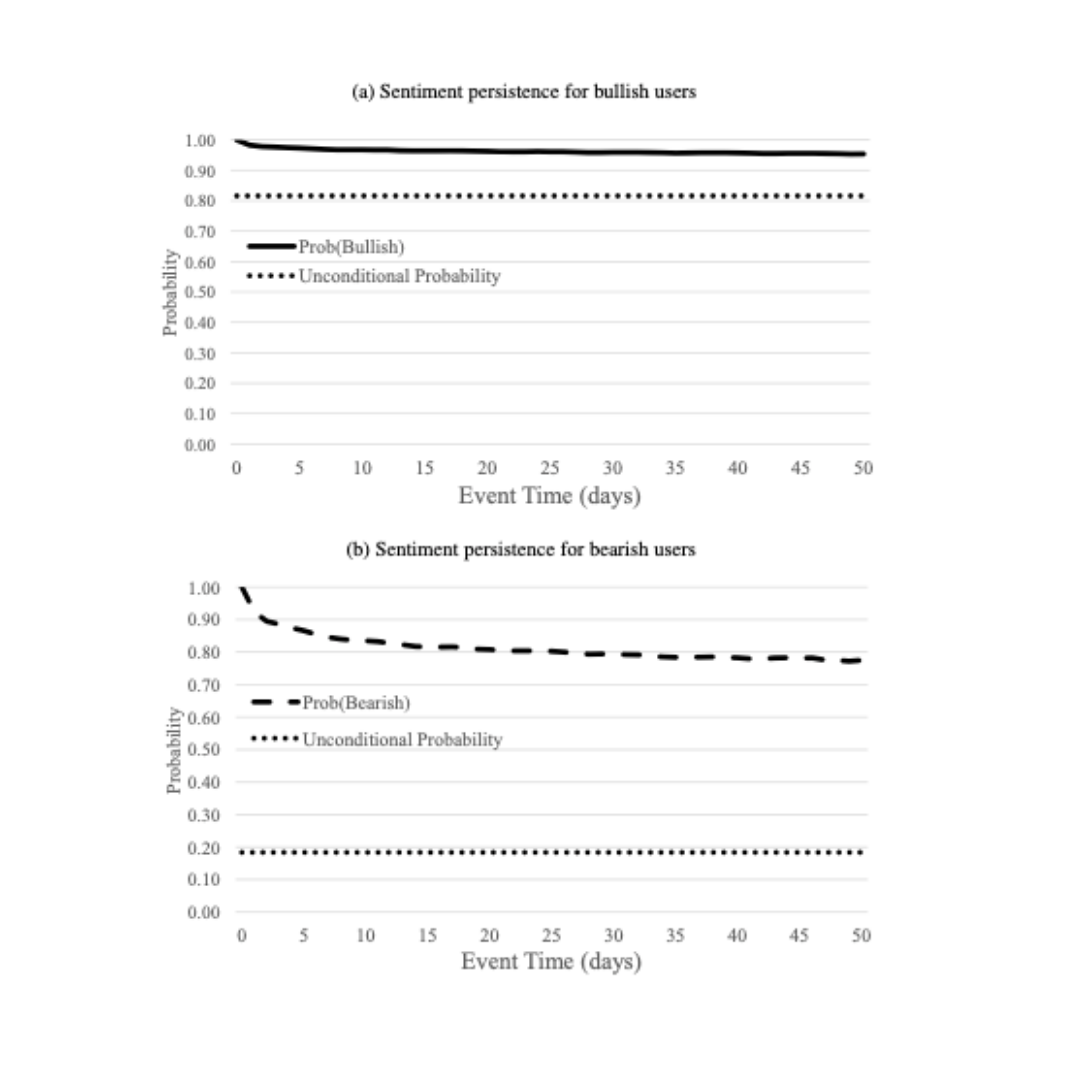This paper examines selective exposure to confirmatory information among 400,000 users on StockTwits, analyzing 33 million posts and 14.3 million follower connections.
This paper examines selective exposure to confirmatory information among 400,000 users on StockTwits, analyzing 33 million posts and 14.3 million follower connections.
 Read Full Article
Read Full Article